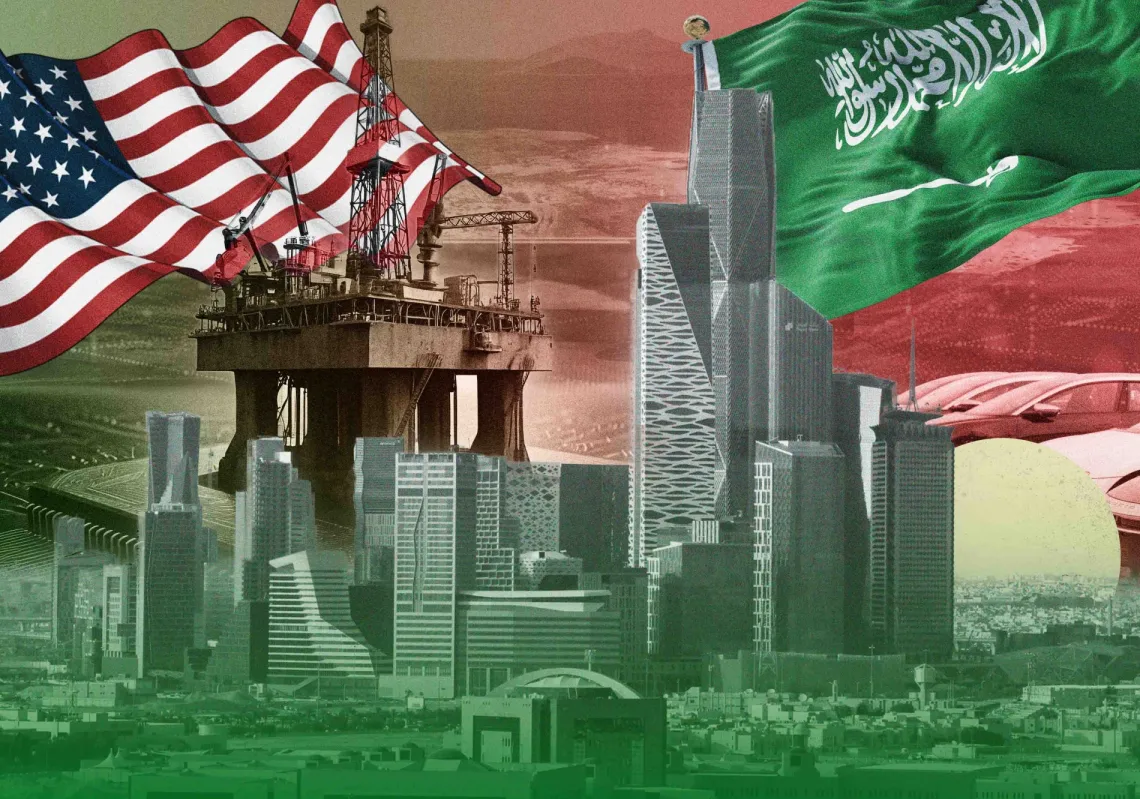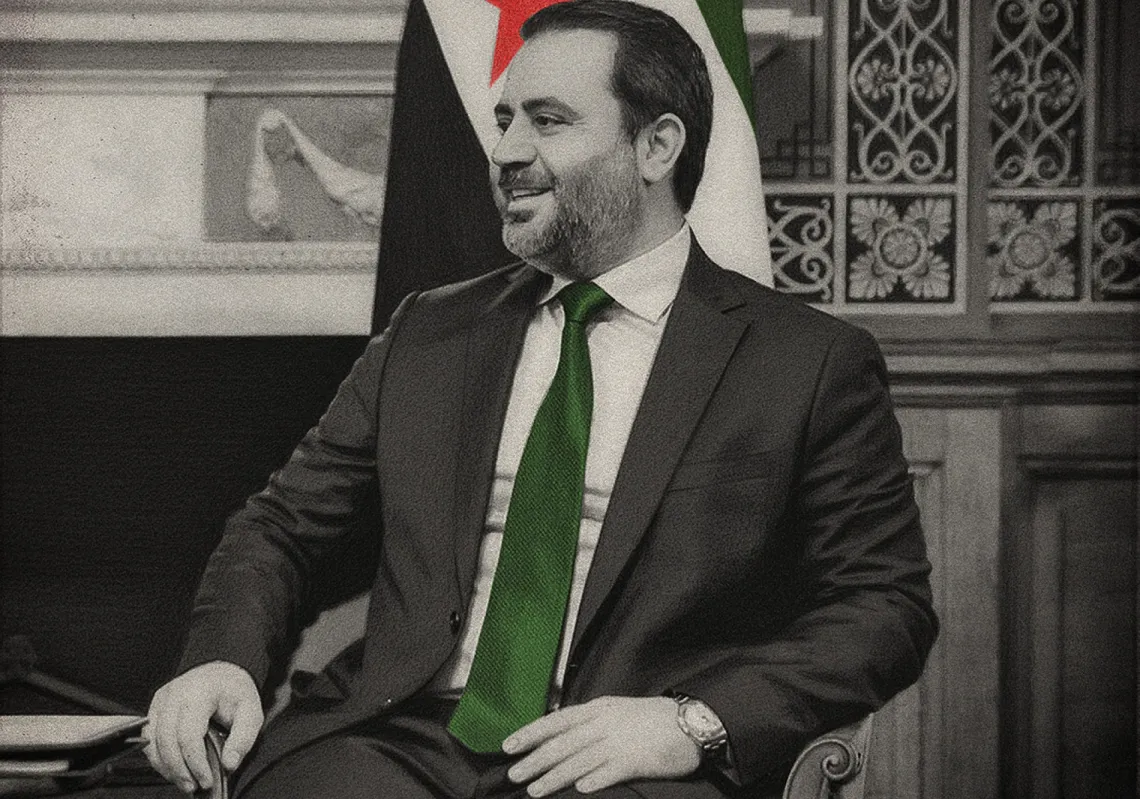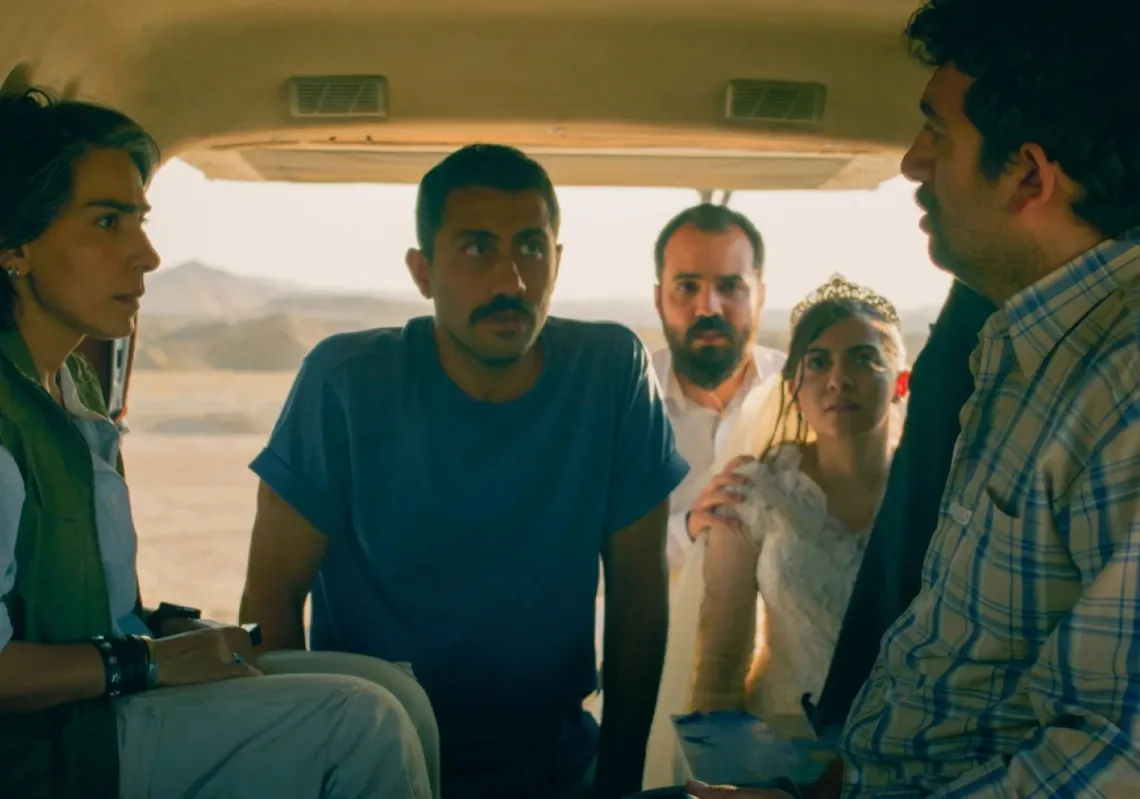 Anti-Assad protesters in Syria[/caption]
Anti-Assad protesters in Syria[/caption]
Stephen Starr spent several years in Syria prior to the uprising against Bashar Al-Assad, which began almost two years ago and doesn’t seem likely to end soon. This long experience with the people and the government comes across strongly in this engaging book, both in his understanding of the country’s complex society, and his empathy for the Syrian people.
[inset_left]Revolt in Syria: Eye-Witness to the Uprising
Stephen Starr, 2012
C.Hurst & Co. Ltd
[/inset_left]
Rather than an objective history of modern history or a collection of despatches from the front lines, Stephen Starr’s book is a fascinating account of a witness to every-day life in Syria as the country begins to tear itself apart in 2011 and early 2012. This makes this work doubly valuable, as his familiarity with the country and the people also translates into an insight into the regime. He concludes that the rule of the Assads is doomed, but that the rebels will have a tough job on their hands to bring it down, given that the regime was structured by Hafez Al-Assad to survive and crush insurrections, and its determination to fight to the finish. This work is therefore useful for those seeking to penetrate the fog of war that has infected so much of the reporting from the Syrian conflict, and explains some of the features of the conflict that make it so difficult for outsiders to understand, especially the views of ordinary Syrians of the country’s various regions and religious sects.
One of the most compelling aspects of this book is the portrait it paints of everyday life in Damascus and its environs as the uprising begins to take hold. Starr adroitly paints a picture of denial, confusion and growing fear of the population of the city, as well as the passion for change amongst activists seeking a better life.
 His prose is plain and matter-of-fact, and more effective for it. This is equally true of his descriptions of the mounting anger within Syria as the violence and the detention of activists and their family members turn more and more of the population against the government.
His prose is plain and matter-of-fact, and more effective for it. This is equally true of his descriptions of the mounting anger within Syria as the violence and the detention of activists and their family members turn more and more of the population against the government.
He also reminds the reader of the complexities and contradictions of Syrian society, detailing his acquaintance with young Alawites who detest Assad’s government, and Sunnis who were resolutely back it. His account of the regime itself is also intriguing – ramshackle, run-down and inefficient in so many respects, but at the same time feared and omnipresent, with spies and informers everywhere, and able to mobilise battalions of security officers and thugs on short notice. Starr’s discussion of Syria’s economic problems, and the social tensions and pressures these have created, are also illuminating, and fill in much of the ‘back story’ of the uprising shaking Syria, especially the movement of poor, rural, Sunnis to the cities in search of work, and the neglect of rural areas by a regime focused on taking care of its core constituencies. He also makes a good fist of attempting to convey the fears and hopes of Syria’s minority groups, interviewing Syrian Shia, Druze, Christians and Alawites.
The flaws of the book are those of all eye-witness accounts – despite his attempts to be impartial and objective, Starr can only write from his own perspective. Admittedly, given his knowledge of Syria and its citizens, his perspective is a valuable one, but is nonetheless one that is limited to that of a single journalist fearful of being deported, and therefore forced to work around the restrictions of Syrian officialdom and the need to ensure the safety of himself and his sources. As a consequence, the voices of those actually taking up arms against the government are absent, and Starr’s story ends in the first half of 2012, leaving the reader wanting to know more about how Syrians are dealing with the civil war. On the whole, though, the book is a valuable tool for those seeking to gain some understanding of the conflict in Syria, and is a timely peek behind the headlines at the lives of ordinary Syrians before the struggle against Assad erupted in earnest, and of the human cost and social trauma of civil war.








